Supporting Social Justice
I n the wake of the summer 2020 protests following the death of George Floyd, Pace University committed to intensifying efforts to become an antiracist institution. Initiatives this year included founding the new Gosin Center for Equity and Inclusion, with the overarching goal of increasing opportunities for members of underrepresented groups; dedicating a week to on-campus social justice–centered open forums; displaying faculty advocacy for diversity in the sciences; and creating new murals of unison and hope. Dyson College looks forward to expanding upon these initiatives for years to come.
Assistant Dean for Diversity and Equity in the Arts Joins Dyson College
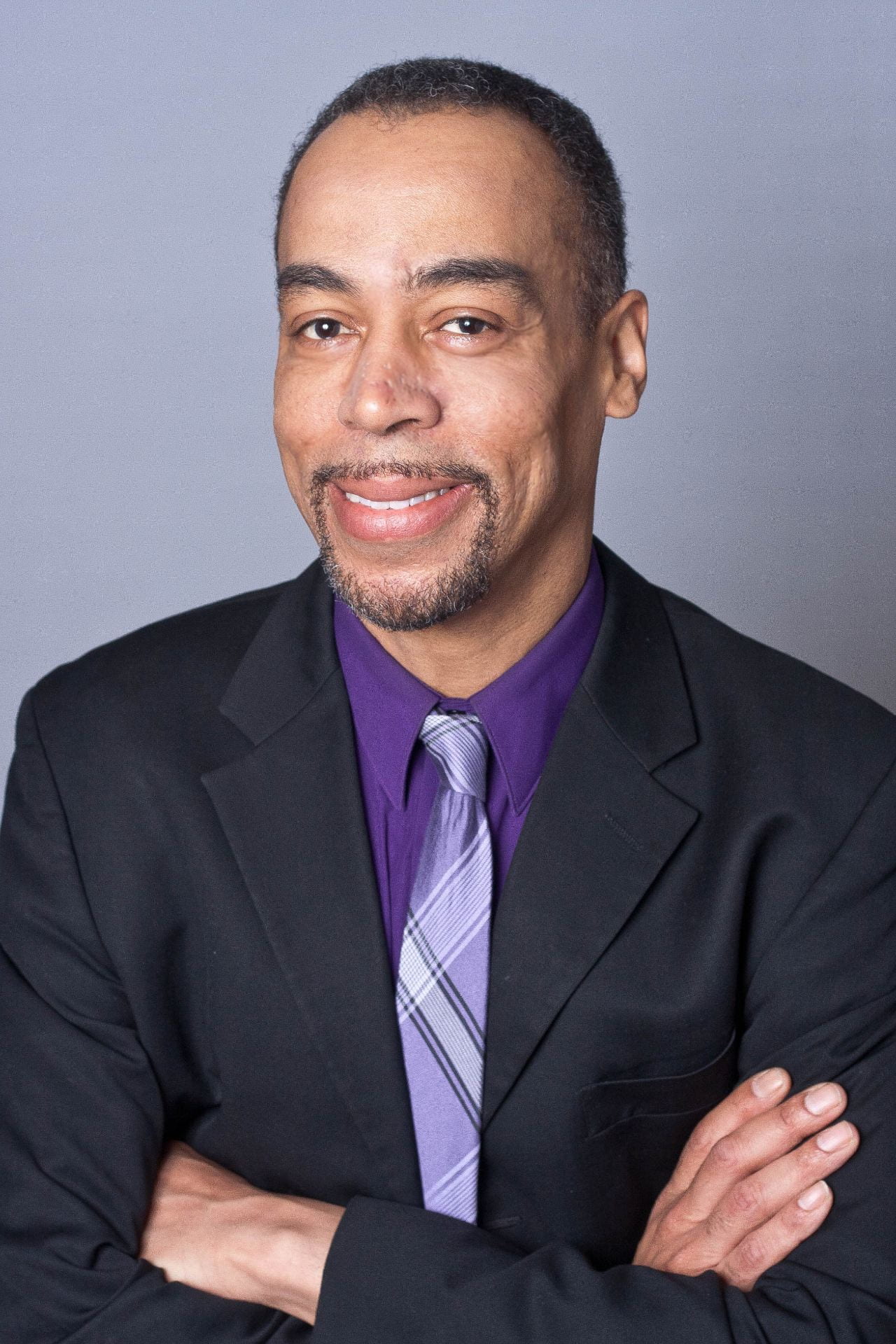 Dyson College was pleased to bring on board S. Brian Jones, an award-winning and well-respected artist, writer, and arts educator, as Pace’s first assistant dean for diversity and equity in the arts.
Dyson College was pleased to bring on board S. Brian Jones, an award-winning and well-respected artist, writer, and arts educator, as Pace’s first assistant dean for diversity and equity in the arts.
“We are delighted to welcome S. Brian Jones to Dyson College and the Pace University community, and we are grateful for the generous support from the Edmond de Rothschild Foundations for helping to make that happen,” said Tresmaine R. Grimes, dean, Dyson College of Arts and Sciences and School of Education. “He brings a wealth of experience to this newly created position that will serve him well as he embarks upon coordinating the many diversity, equity, and inclusion initiatives already on campus, as well as those that will be developed by Pace University’s newly established Barry M. and Jackie Gosin Center for Equity and Inclusion.”
“I am privileged and honored to be joining Pace University, an institution committed to being on the forefront of providing opportunities for underserved and underrepresented communities, with a sound understanding that diversity and equity not only have a place in our society but they are, in fact, the seeds that one day will save it,” said Jones.
A Week of Social Justice
Monday, October 26, to Friday, October 30, marked the first Social Justice Week at Pace University, furthering our commitment to diversity, equity, and inclusion. The week-long event consisted of a series of social justice–centered programs across both the New York City and Pleasantville campuses and virtually.
Held in memory of Danroy “DJ” Henry Jr., a Pace University junior and football player who was shot and killed by a Pleasantville police officer in 2010, Social Justice Week was organized by our passionate Pace community of students, faculty, and staff. Some highlights from Dyson faculty included Emilie Zaslow, PhD, Elodie Silberstein, PhD, and Emily Bent, PhD, in their discussion “Girls, Race, and Representation,” and Kerriann Stout’s ’13, JD, forum on “Race, Immigration, and the Criminal Justice System.”
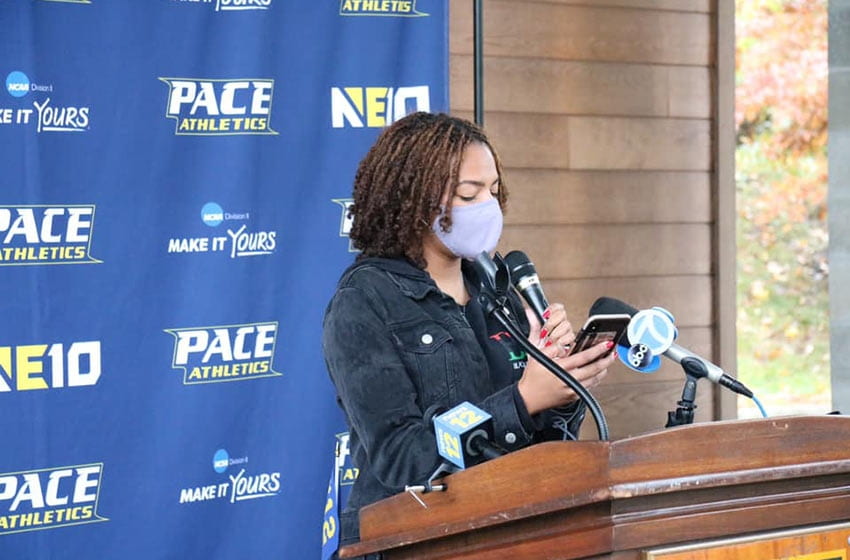
Amari Perez ’23, Applied Psychology and Human Relations student and president of the Black Student Union on Pace’s Pleasantville campus, addresses the crowd during Danroy “DJ” Henry Jr.’s jersey retirement ceremony.
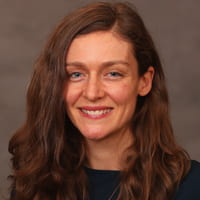
Anne Toomey, PhD
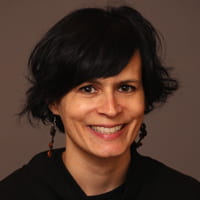
Monica Palta, PhD
Dyson Professors Advocate for
Diversity in the Scientific Community
Coordinated by Pace University and the University of Vienna, a team of international scientists called for a collective effort by the entire scientific community to actively support the retention and diversity of early-career scientists during and after the COVID-19 pandemic, in an article published in Nature Ecology & Evolution.
The article’s authors emphasize the consequences this crisis will have on early-career scientists, especially those from communities historically underrepresented in the fields of environmental sciences, including minorities, women, researchers from the Global South, and persons with disabilities. This is particularly relevant now, as longstanding racial health and social inequities in the United States lead to worse health outcomes for African Americans and other minority groups during epidemics, placing additional burdens on scientists from these communities as they grapple with increased emotional and financial stress. The COVID-19 pandemic poses major challenges for all sectors of society, including scientists faced with abrupt disruptions and redirections of research and higher education in general.
“Coping with the current and longterm consequences of the pandemic for underrepresented communities requires courageous and communal action from the entire scientific community,” said co-author Anne Toomey, PhD.
“Our collective recovery in the scientific community to this crisis will depend on maintaining and supporting a diverse membership,” said co-author Monica Palta, PhD.
The full article, “Academic Leaders Must Support Inclusive Scientific Communities during COVID-19,” can be read on nature.com.

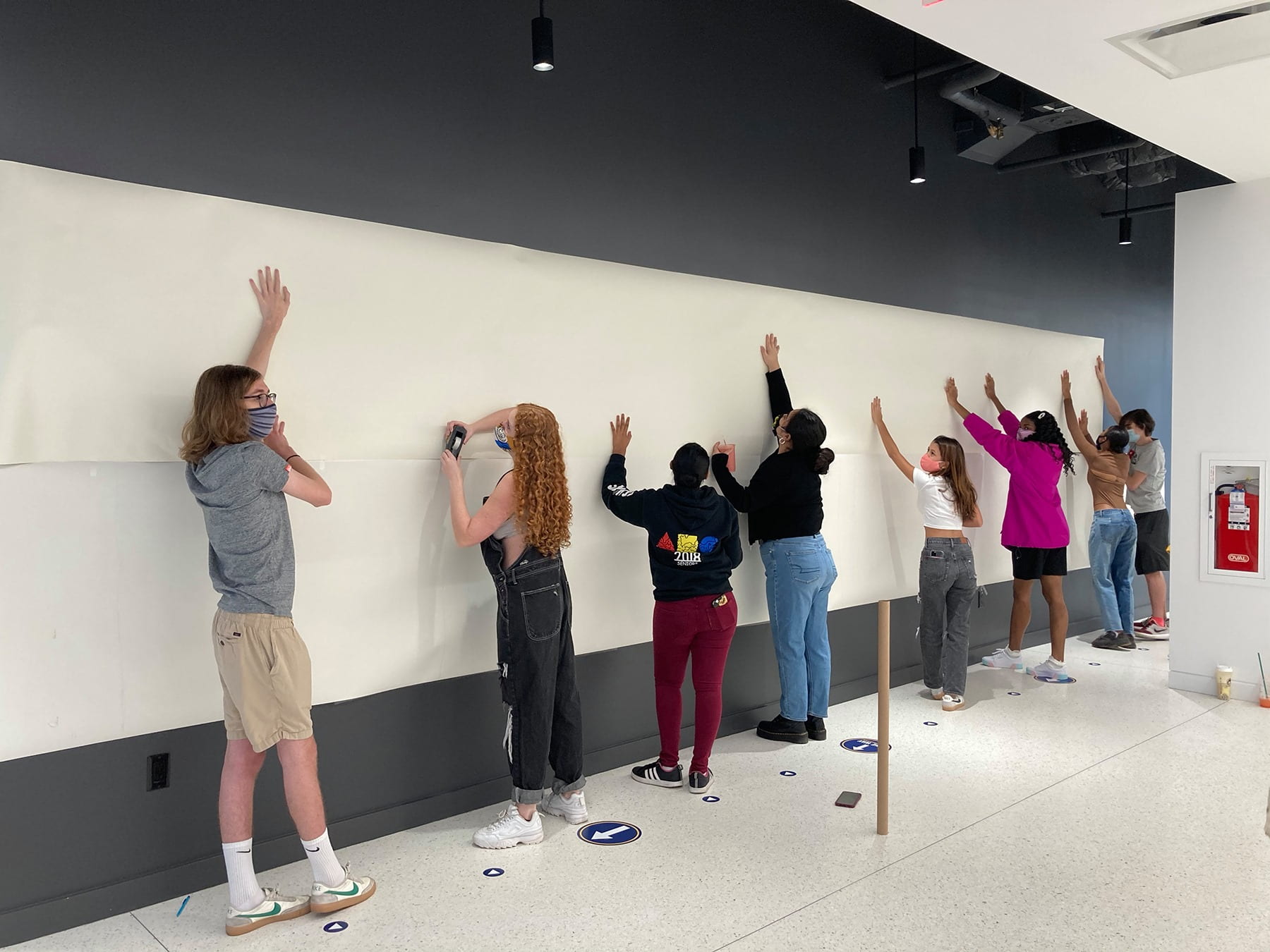
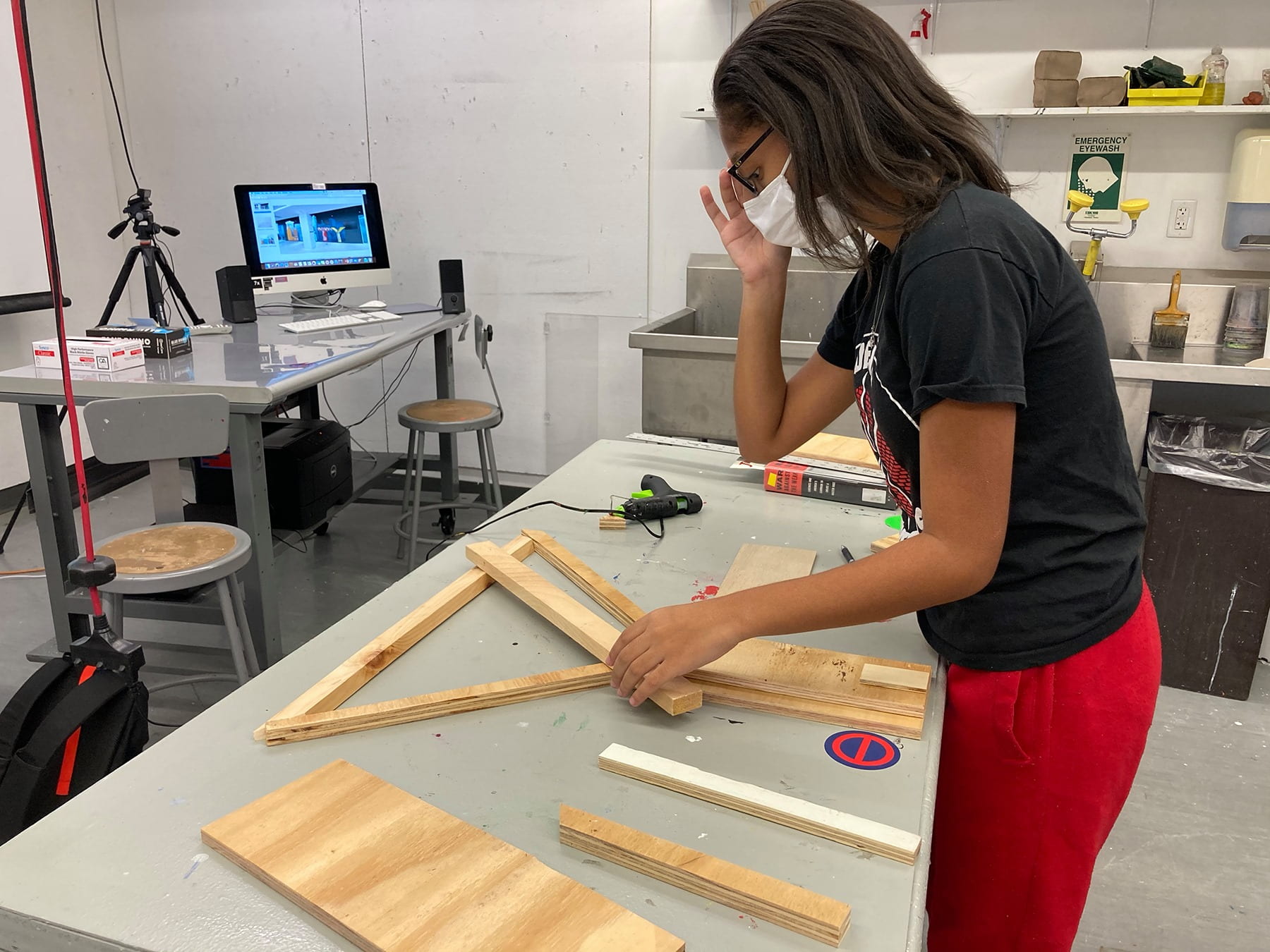
Two Inspired Murals
New York City—Being socially distant didn’t stop the first-year students enrolled in the course, 3D Design, from showing their artistic support for the nationwide Black Lives Matter movement. The new 3D mural, Unity (pictured above), on the New York City campus is a product of twelve students’ desire to send a message of hope and solidarity while representing the energy and tenacious spirit of New York City.
We thank these talented artists for bringing the new installation on campus: Vanessa Carlson ‘25, Communication Studies, Maeva Decembre ‘25, Art, Jayla Dismukes ‘25, Undecided, Jessica Giaimo ‘25, Art, Gavriella Gonzalez ‘25, Art, Karis Hakala ‘25, Art, Shannon Layburn ‘25, Art, Arthur Adrian Nagels ‘29 (Lubin), Michelle Ramdial ‘25, Art, Zach Sackstein ‘25, Art, Michelle Vigueria ‘25, Art, and Ashley Wong ‘25, Art.
Pleasantville—This fall semester, the Pace community on the Pleasantville campus witnessed the evolution of a mural in honor of the First Amendment of the US Constitution, which protects freedoms such as speech, religion, the press, and peaceful protest.
The mural’s design was selected as part of a student competition and created by Allison Phillips ’21, Digital Cinema and Filmmaking. More than 25 faculty, staff, and students painted three large wood panels, which are situated behind Willcox Hall and will be installed in the coming academic year.
The project was funded by a College Media Association grant and led by Associate Professor Kate Fink, PhD, and Adjunct Professor Kate Marohn in the Department of Media, Communications, and Visual Arts.
Students Assist Village of Port Chester with Policing Survey
The Village of Port Chester enlisted the help of Pace University faculty and graduate students in the Master of Public Administration (MPA) program, to carry out a directive signed by New York Governor Andrew Cuomo mandating all local governments conduct a review of current policing and develop a plan to address issues of racial bias.
Public Administration professors Andrew Crosby, PhD, and Gina Scutelnicu, PhD, received an external award of $9,600 to develop a community survey to evaluate public opinions on policing in Port Chester. Survey findings were compiled into a research report by the Pace team, which assisted the Village of Port Chester in developing their plans to reform their Police Department. Pace MPA students delivered a presentation of the findings to the village board of trustees.
